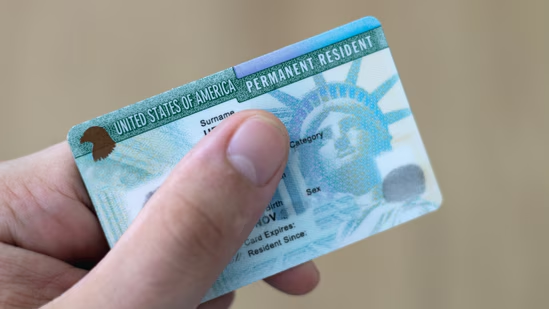Reference to Reuters U.S. President Donald Trump scored a diplomatic rare victory on Monday with leaders of the world meeting in Egypt to sign his ceasefire and hostage-release agreement between Israel and Hamas. The incident provided Trump with the photo-op that he has been seeking in a long time a photo of peace which could bolster his image internationally and on the domestic campaign scene.
However analysts caution that the celebration may just be a passing one. Israeli Prime Minister Benjamin Netanyahu is currently an important component in ensuring peace, a person that Trump would have to continually cajole in the event that he desires his deal to last or even last longer beyond the cameras, and beyond this political season.
Netanyahu’s Balancing Act
Over the decades, American presidents, including Bill Clinton and Joe Biden, have found it challenging to deal with Netanyahu with his aggressive approach. Even under the former Trump administration, the authorities did not get along with the military operations of Israel that appeared to be against the U.S. diplomatic interests.
However, this time Trump persuaded Netanyahu to sign his 20-point peace framework, which forced regional powers to persuade Hamas to release Israeli hostages, which is one of the major breakthroughs.
The following step may put a strain on Trump. It is an election year in Israel and soon the interests of Netanyahu would not be diplomacy but survival. According to Nimrod Goren, the leader of the Mitvim think tank in Israel, Nimrod added that the focus of Netanyahu might change to compromise to his right wing support.
The Strength and Weakness of the Peace Plan of Trump.
The proposal by Trump was successful in part due to it remaining undefined on most controversial areas. That ambiguity enabled the two parties to make the signature without necessarily settling on all the conditions. The same flexibility, however, is becoming dangerous at the moment – it creates a possibility of the future conflict over the role of Hamas in Gaza, control of security and the post-war governance.
The plan also includes disarming of Hamas and remaining out of the Gaza administration but Hamas leaders have evaded confirming that. Otherwise, analysts caution, this divide may roll back any gains.
The Leverage of Trump on Netanyahu.
The influence that Trump has on Netanyahu today can be explained by the fact that Trump has supported him over the years. The fact that he had acknowledged Jerusalem earlier on as the capital of Israel and the Golan Heights as belonging to Israel, formed a base of trust. His loyalty is now used to exert pressure without appearing to be an enemy.
Trump, as one of the senior U.S. officials explained, is not faking being neutral, but stood shoulder to shoulder with Israel. This is precisely what makes him able to lead them at the right time.
A Tougher Trump Emerges
The last several months showed a strong aspect of the leadership of Trump. When a controversial Israeli airstrike into Qatar threatened to destroy future peace negotiations, Trump allegedly compelled Netanyahu to personally apologize to the leader of Qatar. Shortly, he pushed the Israeli premier to sign the peace agreement despite hardliners in his party to oppose it.
Jon Alterman of the Center of Strategic and international studies states that Trump has found a strength in his popularity: Trump is much more popular in Israel at the moment than Netanyahu, and that is the capacity that allows him to help or hurt the political future of Netanyahu.
Risks in Politics and Right-Wing Opposition.
Although a ceasefire is there, Netanyahu is under severe domestic pressure. The right wing supporters such as Itamar Ben-Gvir and Bezalel Smotrich may jeopardize his coalition by feeling weak over the deal. These groups demand that total surrender of Hamas is the only fun of victory.
Any process hitches in the disarmament of Hamas would encourage those voices and drag Netanyahu back to military action – reversing months of negotiation. Simcha Rothman of the Religious Zionism party did not promise to accept a partial victory.
The Palestinian State Dilemma.
One of the clauses in the Trump plan is very sensitive and talks of the prospective Palestinian state. This is still highly unpopular in Israel particularly following the fatal cross-border attack by Hamas on October 7, 2023. Ex-ambassador of the U.S., Dan Shapiro, warned that the rejection of the idea by the populace could also undermine the cooperation of the Arab countries in maintaining their peace.
Shapiro said that in case Israeli politics becomes a blanket rejection of Palestinian statehood, Arab states would find less reason to execute their parts in the enforcement of the agreement.
Can Trump Keep the Momentum?
The diplomatic breakthrough made by Trump is historic in the past, and its continuation will require unceasing activity and strategic pressure. As Israeli elections approach and the mistrust between the two regions still simmering, the next few months might spell out whether this ceasefire is a turning point or another halt in a long period of tragedy.
Looking for website Designing ? Connect with wovved today.






